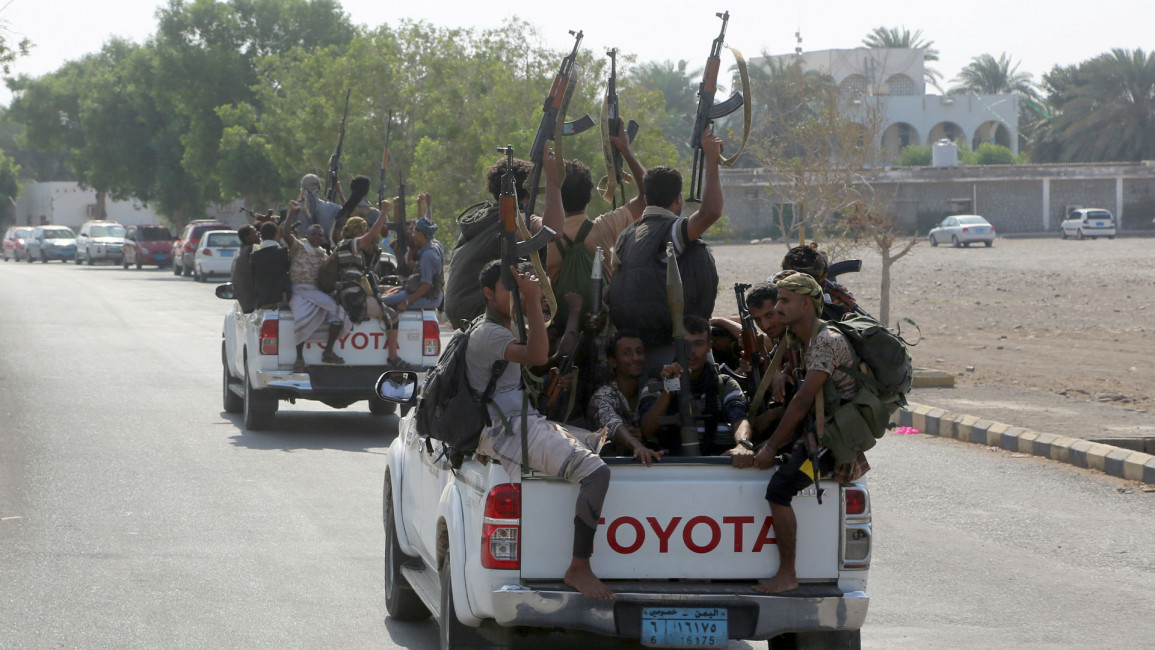Saudis express support for embattled UN Yemen envoy
Saudi Foreign Minister Ibrahim al-Assaf met with UN political chief Rosemary DiCarlo in Riyadh to discuss the crisis in Yemen, where a ceasefire agreement reached in Sweden in December is in trouble.
The Saudi foreign minister and Abdel Aziz Hamad Aluwaisheg, an assistant secretary general for the Gulf Cooperation Council, "both expressed their support for the work of the United Nations in Yemen and for the efforts of the special envoy" Martin Griffiths, said UN spokesperson Eri Kaneko.
DiCarlo, the UN undersecretary general for political affairs, then met with Yemen's President Abedrabbo Mansour Hadi in Riyadh to try to defuse the row over the UN envoy.
The talks were "productive", a UN statement said, without providing details. The UN Security Council is due to discuss Yemen on June 17.
Hadi has accused Griffiths of siding with the Houthi rebels, telling UN Secretary General Antonio Guterres in a letter last month that he "can no longer accept these offenses" by the envoy.
The president has taken issue with Griffiths over the rebel handover last month of ports to a "coast guard" that the government says are in fact rebel fighters in different uniforms.
Successive UN envoys to Yemen have grappled with disagreements from both sides in their efforts to end the devastating war.
British diplomat Griffiths was appointed in February 2018, replacing Ismail Ould Cheikh Ahmed of Mauritania after the Huthis broke off ties with him.
His successor, Jamal Benomar, quit in 2015 after a Saudi-led military coalition intervened in Yemen to push back the Iran-aligned Houthis, who continue to hold the capital, Sanaa.
The conflict, which has killed tens of thousands of people, has had a devastating toll on civilians and triggered the world's worst humanitarian crisis, according to the United Nations.



